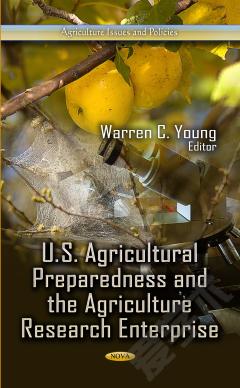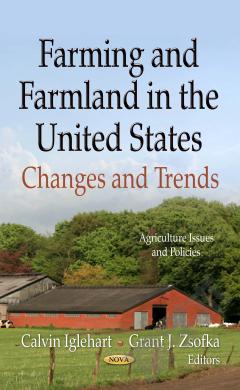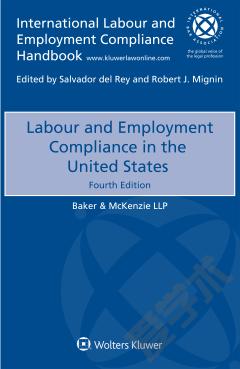Agricultural Labor in the United States: Considerations and Select Research
This book explores the possible economic implications of large shifts in the supply of foreign-born, hired farm labor that could result from substantial changes in U.S. immigration laws or policies. Hired labor is an important input to U.S. agricultural production, accounting for about 17 percent of variable production expenses and about 40 percent of such expenses for fruit, vegetables, and nursery products. Over the past 15 years, roughly half of the hired laborers employed in U.S. crop agriculture have lacked the immigration status needed to work legally in the United States. Thus, changes in immigration laws or policies could lead to markedly different economic outcomes in the agricultural sector and the market for hired farm labor. The same is generally true for other economic sectors that rely on large numbers of unauthorized workers.
{{comment.content}}








 京公网安备 11010802027623号
京公网安备 11010802027623号